You are here
Wed, 2013-12-11 16:28 — mdmcdonald
This working group is focused on discussions about climate change.
The mission of this working group is to focus on discussions about climate change.
Add Content to this group
Members
| Kathy Gilbeaux | mdmcdonald |
Email address for group
climate-change-rockaway@m.resiliencesystem.org




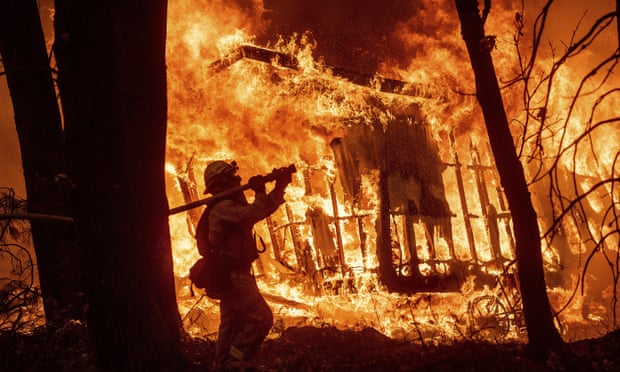
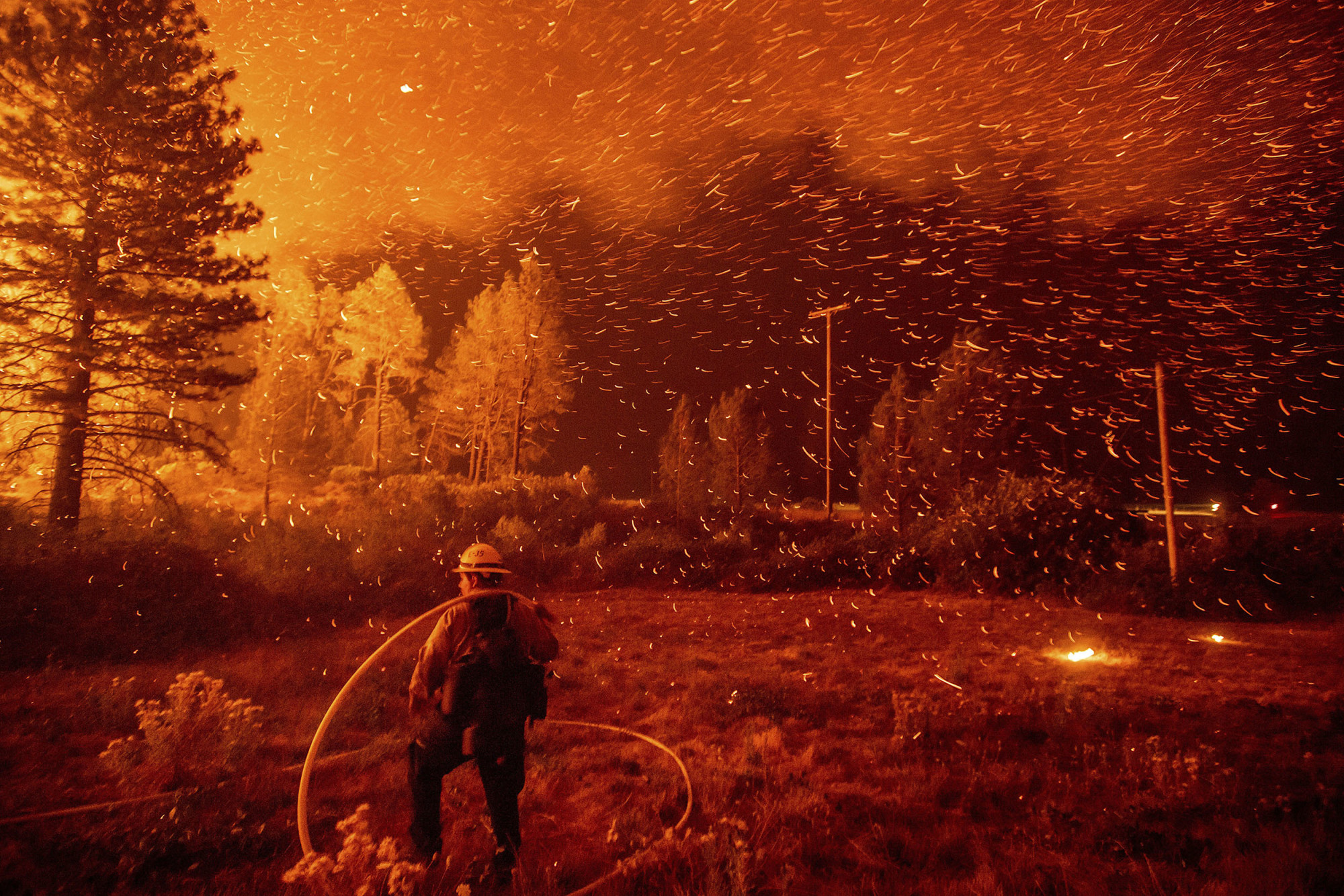

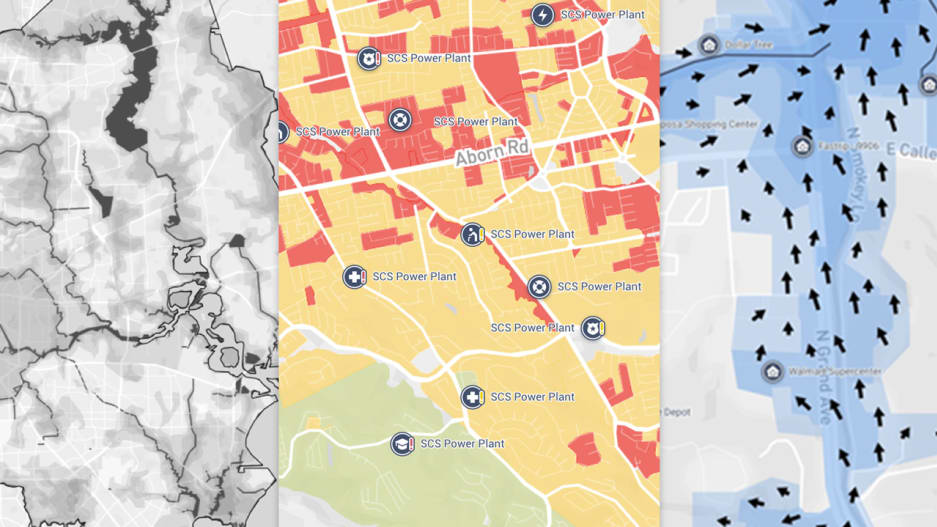

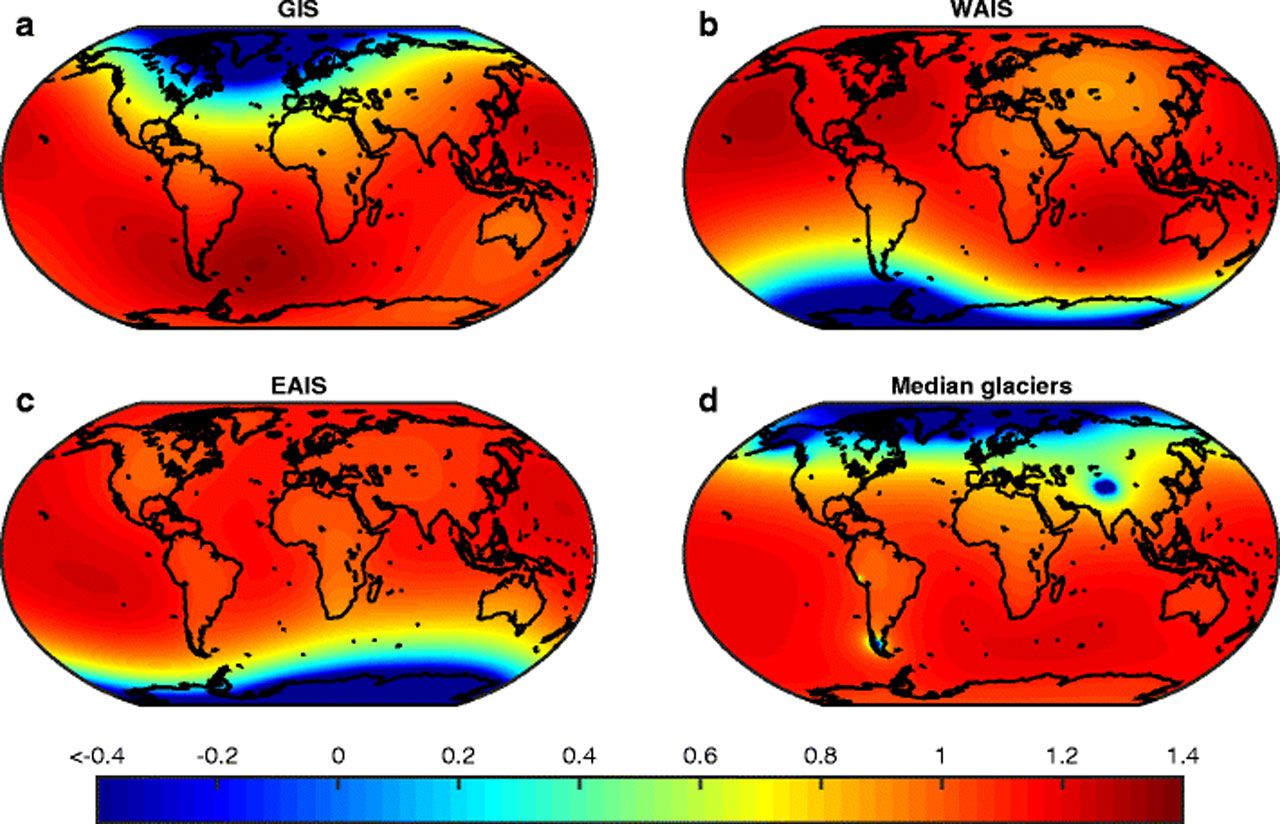
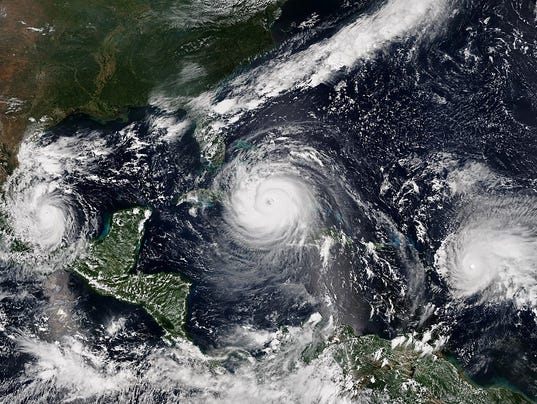


Recent Comments